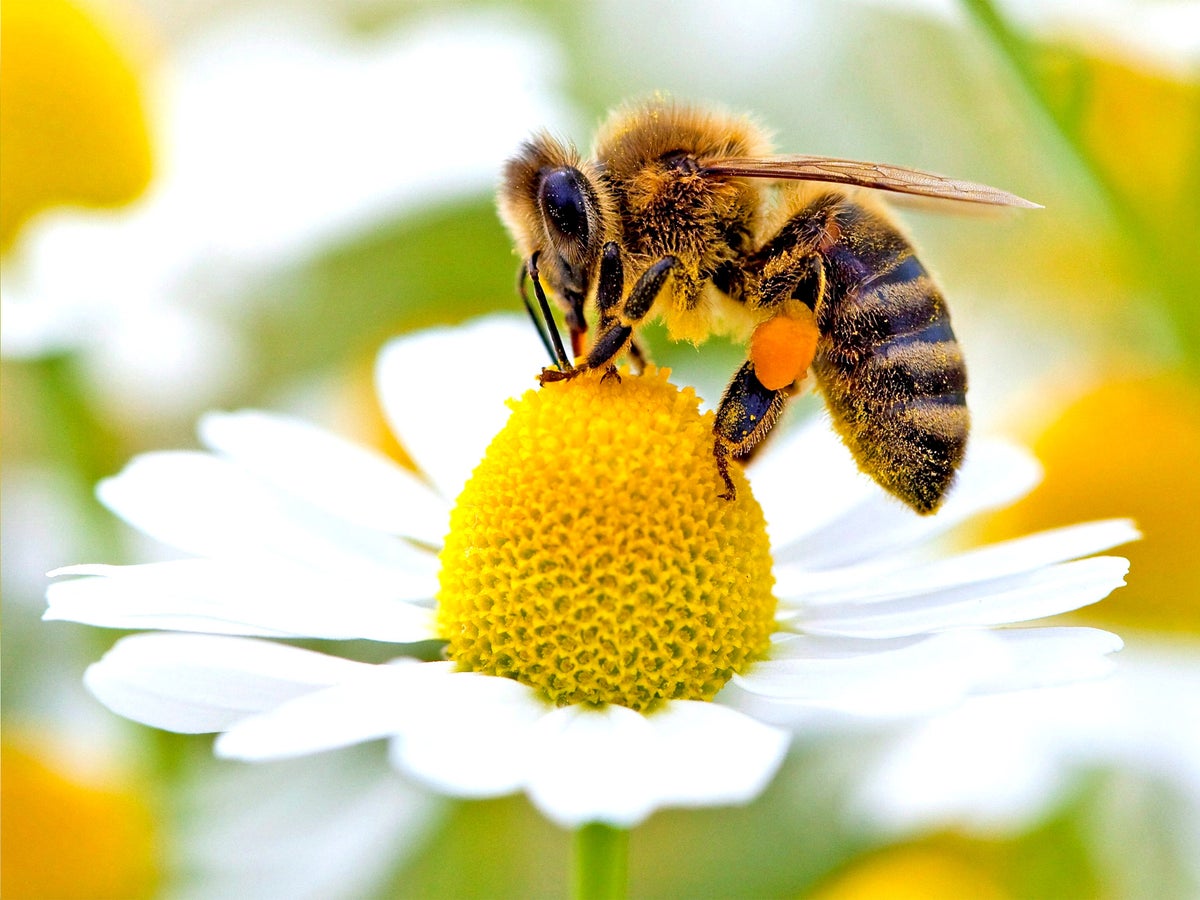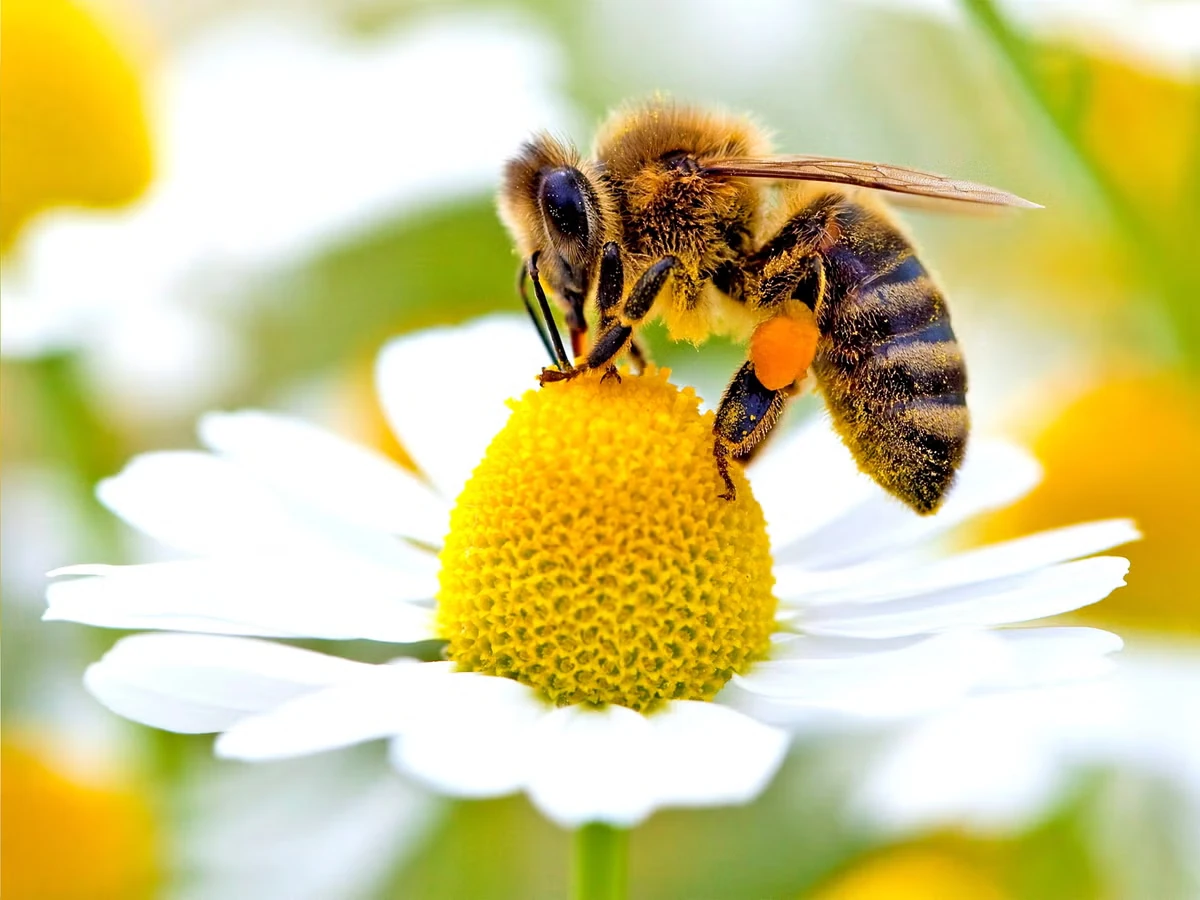Pollination Services in Tanzania: Empowering Farmers through Beekeepers
In the heart of Tanzania’s vibrant agricultural landscape, a crucial partnership between beekeepers and farmers thrives, fueling the magic of pollination services. As bees dance from flower to flower, they unlock the hidden potential of crops, improving their yield and quality. This symbiotic relationship between bees and farmers showcases the essential role of beekeepers in enhancing agricultural productivity and fostering a sustainable ecosystem.
The Role of Beekeepers in Pollination Services
Beekeepers in Tanzania play a pivotal role in providing pollination services to farmers. As expert caretakers of bee colonies, they harness the innate pollination prowess of bees, directing their flight towards fields of crops. The diligent work of bees not only ensures abundant harvests but also contributes to the overall health of ecosystems.
Boosting Crop Yield and Quality
The collaboration between beekeepers and farmers yields remarkable results. The buzzing presence of bees ensures that crops receive adequate pollination, leading to an increase in the yield of fruits, vegetables, and other agricultural products. Moreover, the enhanced pollination process translates into improved fruit quality, with produce boasting better size, shape, and taste.
Diverse Crop Pollination
Tanzanian beekeepers serve as vital links in the pollination web, contributing to a wide range of crops. From coffee and cashews to watermelons and sunflowers, bees diligently transfer pollen, elevating the success of numerous crops across the agricultural spectrum. This comprehensive pollination network fosters agricultural diversity and strengthens food security.
Supporting Sustainable Agriculture
The pollination services provided by beekeepers align with the principles of sustainable agriculture. By promoting natural pollination practices, farmers can reduce their reliance on synthetic pesticides and fertilizers, fostering a healthier environment and preserving biodiversity. The work of beekeepers is, therefore, an essential component of sustainable farming practices.

Conclusion
The harmonious partnership between beekeepers and farmers in Tanzania underscores the vital significance of pollination services in modern agriculture. Through the industrious work of bees, crops flourish, communities thrive, and the ecosystem thrives. As we celebrate the remarkable contribution of beekeepers in enhancing crop yield and quality, let us also recognize their pivotal role in promoting sustainable farming practices and safeguarding the future of agriculture. Together, let us continue to nurture this invaluable alliance, fostering a bountiful and sustainable harvest for generations to come.

